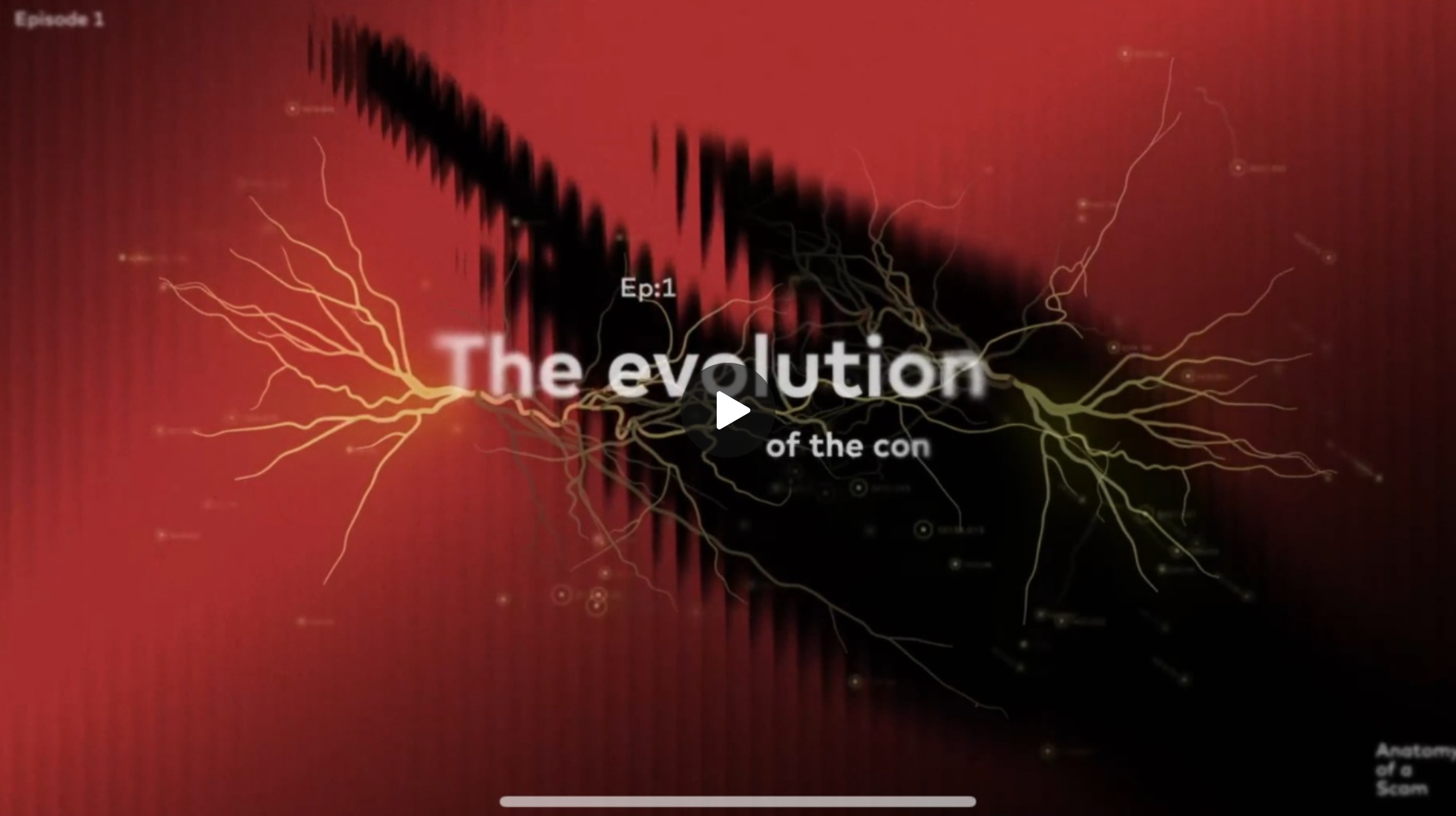News
October 17, 2018
35,000: Over the past two years, around 35,000 people from across Africa have converged in a lawless region along the border between Niger and Algeria seeking nothing less than a pot of gold. Niger’s largest artisanal goldmine, Tchibarakaten, has become the site of an African gold rush, as those seeking money to send home or fund the increasingly expensive journey across the Mediterranean have flocked to the remote region in droves.
10: After a reshuffle this week, women hold 10 of 20 cabinet posts in Ethiopian Prime Minister Abiy Ahmed’s government. The shake-up, which included the appointment of the country’s first female defense minister, comes amid a broader political opening that has seen the release of thousands of political prisoners and the end of Ethiopia’s 20-year conflict with Eritrea.
3: Australia’s Senate defeated a motion declaring that it is “OK to be white” by only three votes this week. The motion, put forward by the leader of Australia’s right-wing One Nation party, echoed a phrase used by white nationalists, and was intended as a swipe at “anti-white racism.” Prime Minister Scott Morrison called the level of support for the motion “regrettable,” while the government attributed the close vote to an administrative error.
0: Two years into the Trump presidency, the US has yet to appoint ambassadors to both Turkey and Saudi Arabia. The recent flare up between the countries over the alleged killing of journalist Jamal Khashoggi highlights outstanding staffing gaps in US embassies around the world, as it has fallen on Secretary of State Mike Pompeo to travel to both countries in an effort to ease tensions.
More For You
Behind every scam lies a story — and within every story, a critical lesson. Anatomy of a Scam, takes you inside the world of modern fraud — from investment schemes to impersonation and romance scams. You'll meet the investigators tracking down bad actors and learn about the innovative work being done across the payments ecosystem to protect consumers and businesses alike. Watch the first episode of Mastercard's five-part documentary, 'Anatomy of a Scam,' here.
Most Popular
Think you know what's going on around the world? Here's your chance to prove it.
© 2025 GZERO Media. All Rights Reserved | A Eurasia Group media company.
